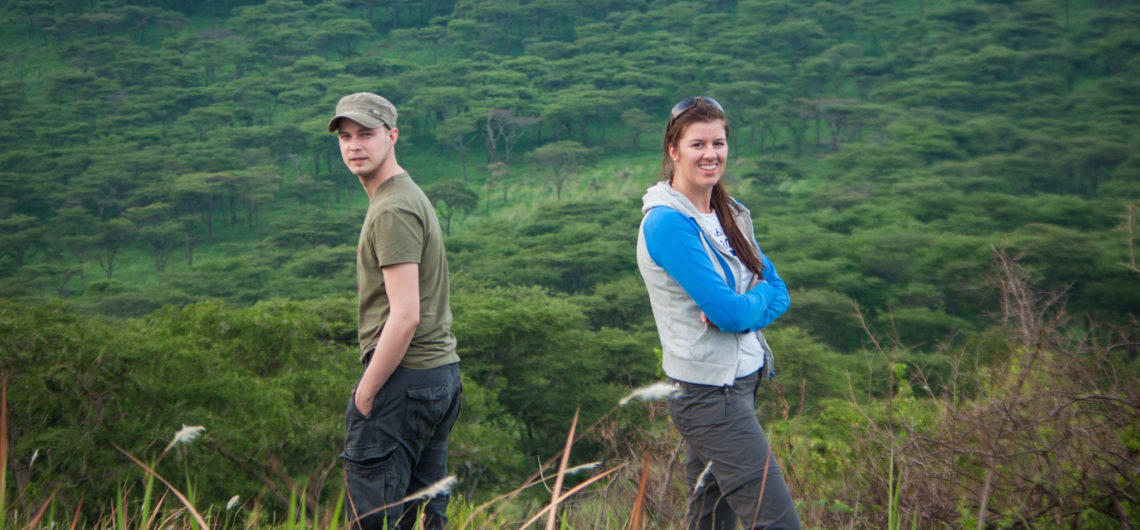The Maasai Mara National Reserve in Kenya is one of Africa’s most iconic safari destinations, renowned for its breathtaking landscapes, abundant wildlife, and the spectacular Great Migration. Whether you’re a first-time visitor or a seasoned safari enthusiast, understanding the best time to go, the costs involved, and what to expect during your trip can greatly enhance your experience. In this comprehensive guide, we dive deep into the essentials of planning a Maasai Mara safari, providing you with everything you need to know for an unforgettable adventure.
Best Time to Visit Maasai Mara Safari
Timing is everything when it comes to a safari in the Maasai Mara. Although the reserve is open year-round, certain months offer more favorable wildlife sightings and weather conditions.
July to October: The Great Migration
This period is considered the best time to visit Maasai Mara because of the annual Great Migration. Over 1.5 million wildebeests, zebras, and gazelles make their way from Tanzania’s Serengeti into the Mara in search of greener pastures. This dramatic spectacle includes heart-pounding river crossings at the Mara River, often accompanied by predator action from lions, crocodiles, and cheetahs.
December to February: Calving Season
These months are excellent for viewing baby animals, as many species give birth during this period. Predator sightings are also frequent, as carnivores take advantage of the abundance of vulnerable young prey.
March to May: Green Season
The rainy season brings lush scenery and fewer tourists. While some roads may become impassable, this is the ideal time for birdwatching and capturing dramatic landscapes.
Maasai Mara Safari Costs
Planning your budget is a crucial part of preparing for a Maasai Mara safari. Costs vary widely depending on your choice of accommodation, duration of stay, travel style, and season.
Park Entry Fees
- Non-residents: $100 January 1-June 30 per adult per day
- $200 July 1-December 31 per adult, per day
- Children under 9: $50 per day
These fees go toward conservation efforts and community support.
Accommodation Options
The Maasai Mara offers a wide range of accommodations:
- Budget Camps: $100–$200 per person per night (includes meals and game drives)
- Mid-range Lodges: $250–$500 per person per night
- Luxury Safari Camps: $700–$1,500+ per person per night
All-inclusive packages typically cover lodging, meals, park fees, and daily game drives.
Transportation Costs
- By Road: A 5–6 hour drive from Nairobi costs around $150–$250 per vehicle one way.
- By Air: Return flights from Nairobi to Maasai Mara range from $250 to $400 per person.
Additional Expenses
- Tips for guides and staff
- Souvenirs and drinks
- Optional hot air balloon safaris: ~$450 per person
What to Expect on a Maasai Mara Safari
From early morning game drives to evenings around the campfire, a Maasai Mara safari is filled with unforgettable moments.
Game Drives
Most safaris include two daily game drives: one in the early morning and another in the late afternoon. You’ll explore vast savannahs, acacia-dotted plains, and riverbanks teeming with life.
Common sightings include:
- Big Five: Lions, elephants, leopards, buffalo, and rhinos
- Predators: Cheetahs, hyenas, and crocodiles
- Herbivores: Giraffes, zebras, wildebeests, and antelope
- Birds: Over 450 species, including ostriches, eagles, and hornbills
Cultural Encounters
A visit to a local Maasai village offers insight into the traditions and lifestyle of the Maasai people. Expect to learn about their beadwork, cattle herding practices, and enjoy traditional dance performances.
Hot Air Balloon Safari
Floating silently above the Mara at sunrise is a surreal experience. This optional activity provides a unique aerial view of the landscape and wildlife, often ending with a champagne breakfast in the bush.
Safari Tips and Essentials
To make the most of your safari, consider the following tips:
- Pack layers: Mornings are chilly, but it warms up by midday.
- Bring binoculars and a good camera.
- Use insect repellent and sunscreen.
- Stay hydrated and drink bottled water.
- Respect wildlife: Keep a safe distance and don’t make loud noises.
Why Choose Maasai Mara?
The Maasai Mara stands out as a top safari destination because of:
- Rich biodiversity and high wildlife concentration
- Accessibility from Nairobi
- Opportunities to witness the Great Migration
- Variety of accommodation to suit all budgets
- Deep cultural immersion with the Maasai people
A Maasai Mara safari is more than just a wildlife tour—it’s a journey into one of the world’s most extraordinary ecosystems. From witnessing the Great Migration to engaging with the Maasai culture, the experience is unparalleled. By understanding the best times to visit, how much to budget, and what to expect, you’ll be well-prepared for a memorable and enriching African safari adventure.
Whether you’re traveling solo, as a couple, or with family, the Maasai Mara promises an experience that is both exciting and soul-stirring. Start planning now by reaching out to us and get ready for the safari of a lifetime.


